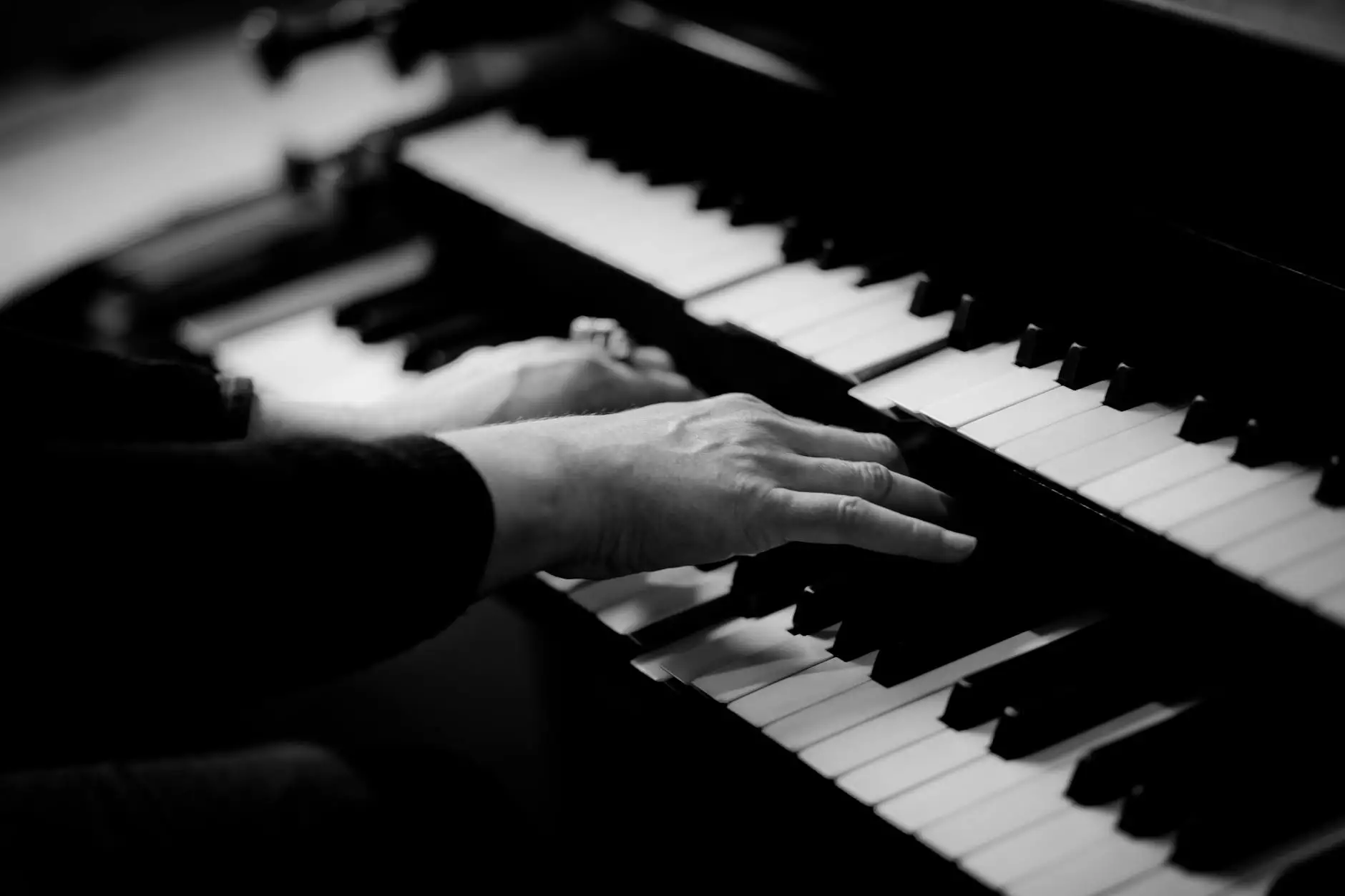The Significance of the Black Church in Community Building

The Black Church has historically been more than just a religious institution; it has served as a cornerstone of the African American community. It represents a unique convergence of faith, culture, and social justice. In this article, we will explore the various dimensions of the Black Church, its impact on societal development, and its role as a catalyst for community service and change.
A Historical Overview of the Black Church
The Black Church has its origins in the early days of slavery in America. Enslaved Africans, stripped of their cultural identities, found solace and hope in Christianity. They began to form their own congregations, often meeting secretly to worship and find strength in their faith.
Early Foundations
During the 18th and 19th centuries, Black worshippers established significant institutions like the African Methodist Episcopal Church (AME) and the National Baptist Convention. These organizations not only provided a spiritual haven but also became platforms for social activism and education. The Black Church became a voice for the oppressed, advocating for civil rights and equality.
Role in the Civil Rights Movement
No discussion of the Black Church is complete without its role in the Civil Rights Movement. Churches served as meeting points for leaders like Martin Luther King Jr., who galvanized communities to fight against racial injustices. The sanctuaries became places of refuge and strategy, highlighting the church's role as a center of moral authority and community cohesion.
The Cultural Impact of the Black Church
The cultural significance of the Black Church extends beyond spiritual practices. It has influenced music, art, and literature across generations. From gospel music to spirituals, the church has been a powerful platform for artistic expression that reflects the struggles and triumphs of the African American experience.
The Birthplace of Gospel Music
Gospel music, characterized by its powerful lyrics and emotional depth, originated within the Black Church. It serves not only as a medium for worship but also as a rich cultural legacy, communicating messages of hope and resilience. Notable artists like Mahalia Jackson and Aretha Franklin began their careers in the church, showcasing the deep roots of gospel in the Black community.
Art and Literature
Beyond music, the Black Church has inspired countless works of literature and visual art. Prominent writers such as James Baldwin and Zora Neale Hurston often referenced the church in their works, highlighting its importance in shaping African American identity. Additionally, the church's rituals and symbols have influenced African American art, creating a unique aesthetic that reflects its spiritual foundations.
The Black Church as a Community Hub
The Black Church often functions as a community center, providing services that extend far beyond the pews. These churches engage in various community outreach programs designed to uplift their congregations and local neighborhoods.
Education and Youth Programs
Many churches run educational programs aimed at children and teenagers, including tutoring, mentorship, and scholarship initiatives. By prioritizing education, the Black Church plays a pivotal role in breaking the cycle of poverty and empowering the next generation.
Health Initiatives
Recognizing health disparities within the African American community, many Black Churches have initiated health programs that focus on disease prevention, health education, and wellness initiatives. These efforts are critical in addressing issues like diabetes, hypertension, and obesity that disproportionately affect African Americans.
Advocacy and Social Justice
The Black Church has historically taken a stance on social justice issues. From advocating for voting rights to fighting against police brutality and economic inequality, the church mobilizes its congregation to take action. It serves as a powerful political voice, encouraging civic engagement and community activism.
The Future of the Black Church
As society continues to evolve, so too does the Black Church. It faces challenges such as declining church attendance and the rise of secularism. However, it has the opportunity to adapt and remain relevant by embracing technology and modern cultural shifts.
Embracing Technology
The COVID-19 pandemic accelerated the shift to online services, pushing many Black Churches to adopt digital platforms for worship, outreach, and community engagement. By utilizing technology, the Black Church can broaden its reach and connect with younger generations who may prefer virtual engagement.
Creating Inclusive Spaces
In an increasingly diverse society, the Black Church may also seek to create more inclusive spaces for individuals of varying backgrounds, sexual orientations, and identities. This inclusivity can strengthen community bonds and foster a greater sense of acceptance and love that aligns with core Christian values.
The Bridge Church NYC: A Beacon of Hope
In New York City, the Bridge Church is a prime example of how the Black Church continues to serve its community effectively. Located in a vibrant neighborhood, Bridge Church focuses on outreach programs that support local residents.
Community Service Initiatives
- Food Drives: Providing meals and grocery assistance to families in need.
- Health Screenings: Conducting regular health check-ups and awareness sessions.
- Educational Workshops: Offering resources for academic support and career development.
Building Relationships
The Bridge Church emphasizes building relationships within the community. It fosters a sense of belonging and encourages collective action toward common goals. By creating a supportive environment, the church empowers individuals to uplift one another.
Conclusion: A Legacy of Faith and Service
The Black Church remains an essential part of the American fabric, providing spiritual guidance, cultural expression, and community support. It has a rich history of advocacy and empowerment, serving as a bastion of hope in times of adversity.
As we look to the future, the potential for the Black Church to continue making a significant impact is limitless. Adaptability, inclusivity, and the commitment to service will ensure that the legacy of the Black Church endures for generations to come. By embracing these values, organizations like the Bridge Church can help pave the way for a brighter and more just society.
Join the Movement
For those interested in getting involved or learning more about the initiatives of the Bridge Church, visit their website at bridgechurchnyc.com. Together, we can continue to honor the rich legacy of the Black Church while shaping a hopeful future.









